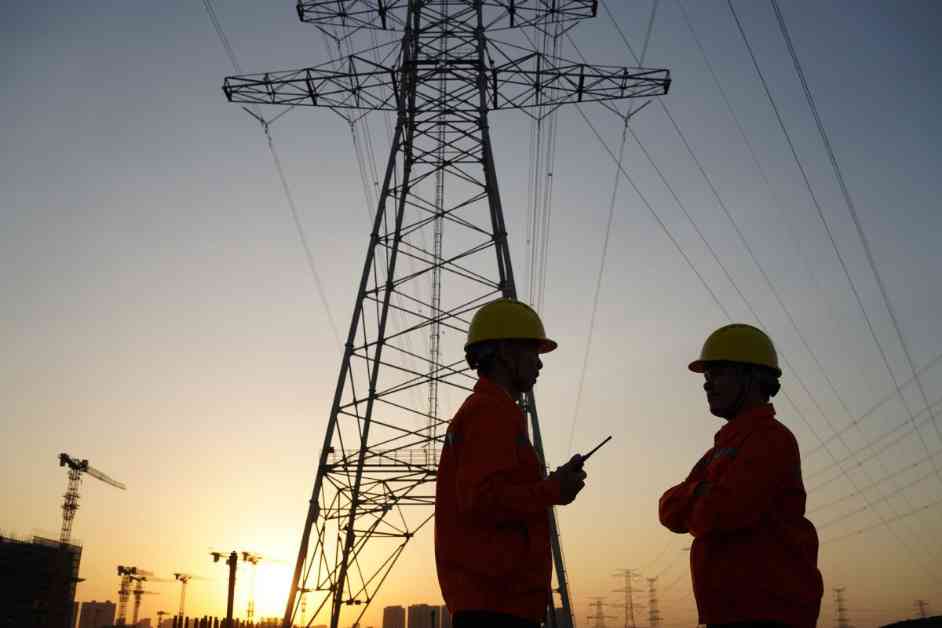Google has recently made a significant move by partnering with nuclear startup Kairos Power to construct seven small reactors to power its data centers. This collaboration aims to provide around 500 megawatts of clean electricity to meet the growing energy demand of data centers and AI technologies.
The planned power plants are expected to be operational by the end of the decade, with Google considering whether the reactors will directly connect to its sites or feed into the grid. This partnership is part of Google’s efforts to secure carbon-free power sources, joining other tech giants like Microsoft and Amazon in turning to nuclear energy for their electricity needs.
Kairos Power, a part of the new wave of nuclear startups, is focusing on building small modular reactors (SMRs) to reduce costs and accelerate the construction of nuclear power plants. Unlike traditional nuclear plants, which are massive and take years to plan and build, SMR startups like Kairos are leveraging mass production techniques to streamline the process.
One of Kairos’s innovations is the use of molten salts of lithium fluoride and beryllium fluoride for cooling the reactor, a departure from the conventional water-cooled reactors. While the Nuclear Regulatory Commission has approved Kairos’s plans for a 35-megawatt demonstration reactor, the startup still faces challenges in proving the economic viability of commercial SMRs.
Despite the regulatory approval and technological advancements, Kairos must navigate public perception challenges associated with nuclear power. While a majority of Americans support nuclear energy in general, there remains a significant opposition that could increase when specific reactor sites are chosen. Additionally, the preference for wind and solar energy over nuclear power due to availability and cost-effectiveness poses a hurdle for Kairos and other nuclear startups.
The partnership between Google and Kairos signifies a shift towards sustainable and reliable energy sources for powering data centers in the future. By embracing innovative nuclear technologies like SMRs, these companies are not only addressing their energy needs but also contributing to the transition towards a cleaner and more efficient energy landscape.











